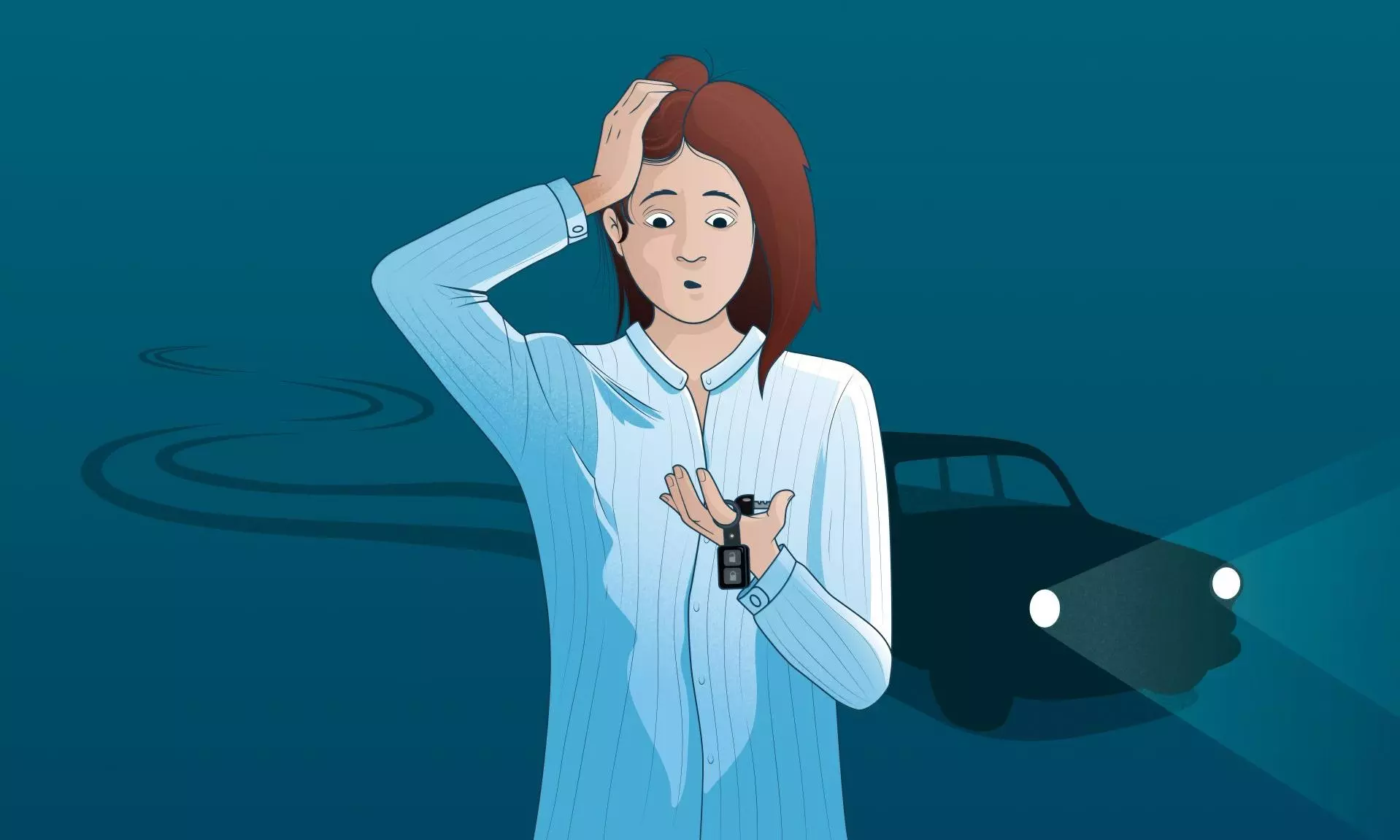Explained: What is Sleepwalking and Why Do People Sleepwalk?

Sleepwalking (Representational Image)
Sleepwalking is when someone walks or does complicated tasks while not being partially awake.
It normally occurs while you're in a deep sleep phase. It usually occurs in the first few hours after falling asleep because it tends to peak early in the night.
Although it can occur at any age, children are more likely to sleepwalk. One in five kids is estimated to have sleepwalked at least once. When kids hit puberty, the majority of them get over it, but occasionally it persists into adulthood.
Although the exact cause of sleepwalking is unknown, it appears to run in families. If other members of the immediate family have experienced night terrors or sleepwalking, people are more likely to do the same.
The following factors either cause or exacerbate sleepwalking:
Inadequate sleep, Stress, and anxiety, Consuming excessive amounts of Alcohol, Taking a certain medication such as sedatives, being startled by a loud noise or touch, taking drugs, etc are a few of the things that can trigger or exacerbate sleepwalking.
A sleepwalking episode can also be triggered by other sleep disorders, such as restless legs syndrome and obstructive sleep apnoea, which can lead people to wake up during the night frequently.
What happens when a person sleepwalks:
Sometimes a person experiencing sleepwalking would only sit up in bed and glance around, seeming perplexed for a little while. Others might appear disturbed, get out of bed and move around, open cupboards, put on clothes, or eat.
Sometimes a person experiencing sleepwalking would only sit up in bed and glance around, seeming perplexed for a little while. Others might appear disturbed, get out of bed and move around, open cupboards, put on clothes, or eat.
In severe situations, the individual might leave the house and engage in difficult tasks like driving a car.
When someone is sleepwalking, their eyes are usually open, and they look straight through people without acknowledging them. They frequently move around known things with ease.
A sleepwalker may answer in partial or utter things that make no sense when others speak with them.
Although they can move longer, most sleepwalking episodes end after ten minutes or fewer. Each episode ends with the individual waking up or returning to bed to sleep.
Normally, they won't remember anything about it in the morning or will have a patchy memory of it. If someone is awakened during sleepwalking, they cannot recall what happened and feel perplexed.
Treatments
Although there isn't a particular treatment for sleepwalking, getting adequate sleep and engaging in a calming routine before bed usually helps.
Apart from that, avoid drinking anything, especially caffeinated drinks before going to sleep, and try to go to bed at the same time every night. Finding ways to unwind before bed, like taking a warm bath, reading, or deep breathing might benefit.
Apart from that, avoid drinking anything, especially caffeinated drinks before going to sleep, and try to go to bed at the same time every night. Finding ways to unwind before bed, like taking a warm bath, reading, or deep breathing might benefit.
( Source : Deccan Chronicle )
Next Story

